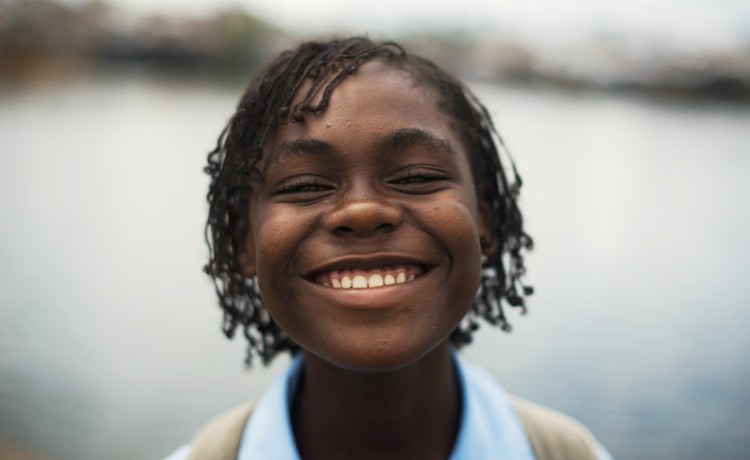Ecuador must implement laws to protect rights of Afro-Ecuadorians: UN experts
After visiting the country, the independent UN human rights experts concluded that the Government must step up efforts to enforce the law and implement plans to end racial discrimination suffered by Afro-Ecuadorians and people of African descent.

- Country:
- Ecuador
Ecuador must implement and enforce laws and policies to protect the rights of Afro-Ecuadorians, the UN Working Group on People of African Descent said on Monday, calling for an end to the “discrimination, exclusion and extreme poverty they suffer.”
After visiting the country, the independent UN human rights experts concluded that the Government must step up efforts to enforce the law and implement plans to end racial discrimination suffered by Afro-Ecuadorians and people of African descent.
“People are suffering particularly in their ability to access justice, security, land, clean water, education, healthcare, housing, and economic opportunity,” said Ahmed Reid, Working Group Chair, in a statement he presented.
He pointed out that although only 7.2 percent of the population are Afro-Ecuadorians, they constitute 40 percent of those living in poverty.
Esmeraldas
The Working Group drew particular attention to the province of Esmeraldas, where nearly 70 percent of the population is of African heritage.
“Esmeraldas is one of the poorest provinces in Ecuador”, said Mr. Reid, noting that 85 percent of people live below the poverty line, less than a quarter are able to access the most basic services and 15 percent are illiterate”.
While welcoming the Government’s national initiatives to combat racism, discrimination, xenophobia, and intolerance faced by Afro Ecuadorians, the UN experts maintained that “much work remains to be done to target these unacceptable levels of exclusion and poverty”.
Environmental racism
With systematic contamination of the environment and their water supplies, intimidation of their communities, and an insufficient response by the State, the experts lamented that people of African descent are also suffering “environmental racism”.
In conclusion, they said that “the State should not remain indifferent to human rights abuses and violations by extractive industries and other companies”, but instead “end impunity for human rights violations and environmental racism.”
For his part, Ricardo Sunga, one of the human rights experts, praised the progressive provisions of the country’s Constitution that recognized the collective rights of people of African descent.
Independent experts are appointed by the Geneva-based UN Human Rights Council to examine and report back on a specific human rights theme or a country situation. The positions are honorary and the experts are not UN staff, nor are they paid for their work.
The full report and recommendations of their 16 to 20 December visit will be presented to the UN Human Rights Council in September.










